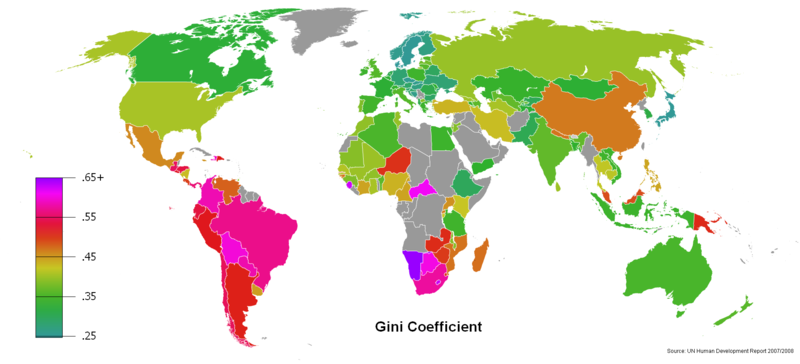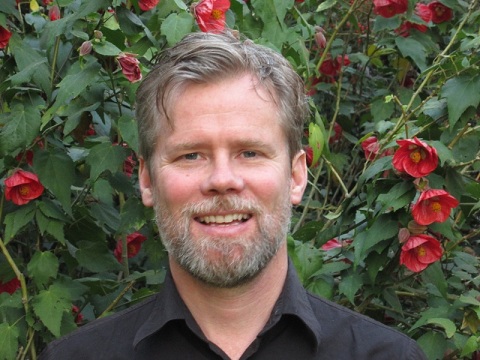Sharing is coming to a purse or wallet near you soon, and not to ask for a donation. Silicon Valley startup Openyear is building its first product, Open Pay, which will enable you to share your pay with those that influence you. I lunched with Openyear CEO Joe Hentz Friday to learn about this service, which is a few months away from launch. (Sign up for the beta launch here!)
Openyear is creating a platform for something that already happens in some settings. The video below talks about real-world cases where it was smart to share pay, explains how Openpay will work, and answers why we should care about income inequality.
Open Pay has an interesting connection to an article we posted on Sunday about why sharing and income inequality don't mix. Those left out of the economic spoils can lash out by damaging sharing systems, as what happened recently with the bike sharing system in Paris. Joe shared with me the other side of the same coin–that adequate earning enables us to share. He pointed out that we have to earn before we can contribute code to an open source software project, give away stuff on Freecycle, or donate to our favorite nonprofits. Reducing income inequality may be key to not only making sure sharing systems are secure but also increasing the number of people who can participate in the sharing economy.
What I like about open pay as a concept–something that Joe emphasized in our meetup–is that it's a voluntary means to reduce income inequality. The voluntary approach is logically consistent with a peer economy, is more personally meaningful than tax, and may be more sustainable since it can't be rolled back when political winds shift.
That being said, there's no silver bullet to income inequality. A skillfully blended cocktail of solutions is probably what's needed. One advantage of Openpay, however, is that it addresses classic challenges of collective action – freeriding and incentive. Free riding is the tendency of some to benefit from collective action of others without contributing. Open pay only rewards those who actually either share pay or help earners. There is no chance to freeride. And in terms of incentive, earners attract loyal helpers by rewarding contribution. And helpers get paid for contribution.
One downside to Open Pay is that it may only work to close the gap between the upper and middle class income. I'm not sure that a migrant agricultural worker, for instance, will often be in a position to help the CEO of a major corporation. Those on the other side of the digital divide may be left out as well since the service will rely on software to track influence as transmitted through computers and cell phones.
Overall, it's a bold idea. I'm looking forward to the beta launch. You can sign up to get a beta invite on the right side of Openyear's homepage.
Thumbnail infographic of Gini Coefficient (a measure of income inequality) by country 2007-08 courtesy of Wikimedia Commons.









